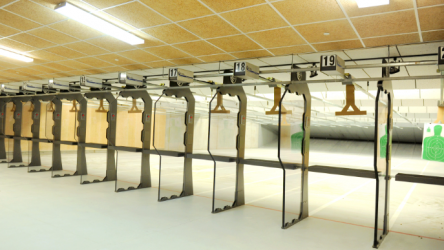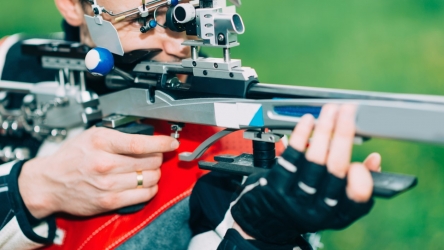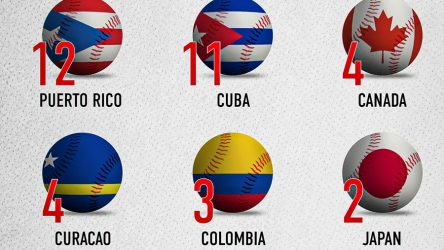
How would you like to run your own amateur sports team? Most places have recreational sports teams participating in team sports. However, 6 years ago I found that my local area had no such facility and it was desperately needed. So I set about setting one up for myself and today it’s grown so big I’ve just had to lease our own commercial property in Suffolk! Our administration is at such a level that we really need our own office space. Follow my guide, and you could be on your way to running your very own amateur sports team!
1. Pick the sport you want to participate in. Team sports that are not costly are the best options if you’re on a tight budget, which start ups usually are! Football, hockey, basketball and volleyball are all low cost and commonly have leagues in most places.
2. Find a league that is at your level. Unless you’re extremely experienced, join a recreational league that has multiple divisions, such as beginner, intermediate and premier. It’s extremely important to play at your level. Also, it’s better to start a bit lower because if you do well, you can win the title and then move up.
3. Work out your total team fees. This will be the sum of the league fees, plus equipment, uniforms, permits, etc.
4. Choose a name for your team. Basing your name around your area, habitat, culture or a professional team is usual. For example, let’s say you are from Cambridge and your team plays football. You could name yourselves the Cambridge Kickers.
5. You need to have a team logo designed. Based on your team name, have a friend who is good at graphic design make a logo for your team. You could also have your logo designed by an online company for less than £50.00 if you shop around. A lot of logo sites have templates which don’t cost much. Your logo should include an image related to your sport. Make sure to add your logo to letterheads, web sites, blogs, posts and ads. When players looking for a team go through classifieds, they tend to pick teams with a logo as they look more professional.
6. Select the players to be on your team. Hold try outs. Ask everyone you know who is interested in sports if they want to be on your team – friends, co-workers and players you’ve played with in the past. To find new players, place ads in online classifieds. You could also put ads up in local community centres, the town hall and local businesses.
7. Collect fees from players before the season starts. Normally amateur teams are non-profit, so if your team fees are £2000 and you have 10 players, each player should pay £200 per season. Try to get sponsors for your team. Often sports bars have sponsorship programs where they give money back to your team that you have spent there. Local businesses also might consider sponsoring your team if you help to advertise for them during games. Try to think of other ways to raise funds for your team too such as fundraisers, BBQ, raffles, etc.

8. Create a chain of command. A commonly-used structure is as follows: manager (you), coach (maybe you also), captain, co-captain, players.
9. Choosing the right captain is important. The person selected as captain shouldn’t always be the “best” player. It could be an above average player that is dedicated to the team, turns up on time and has a good understanding of the game.
10. Communicate with your players. Set up a blog or a web site and make sure everyone is on the same page in terms of set-up, practicing and schedules. You can also use the blog or web site to advertise your team, give advertising space to your sponsors, and recruit new players. Keep a mailing list and phone number list. Contact players the day before game day to confirm they will be there. Much of winning and losing in amateur sports has a lot to do with who turns up.







